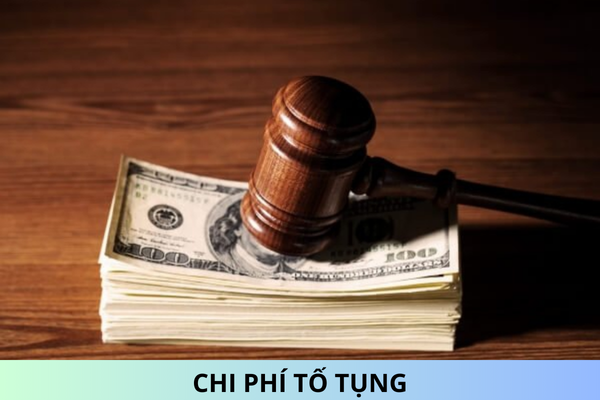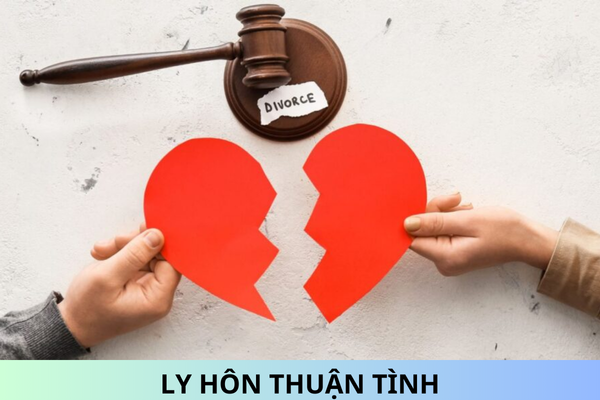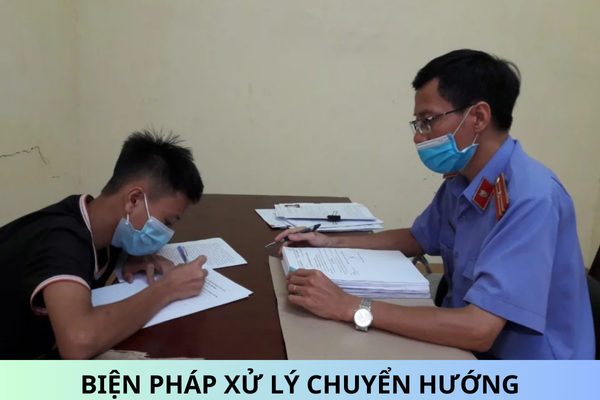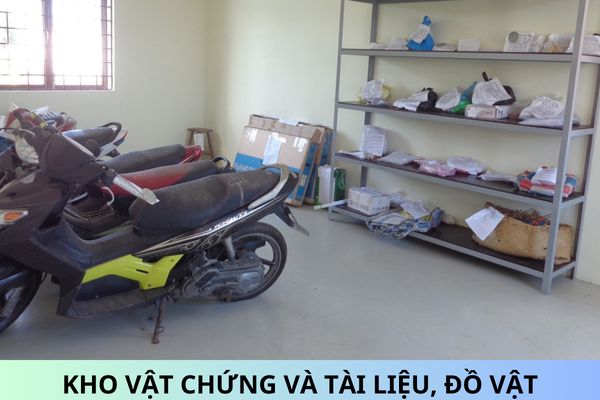In Vietnam: Shall anyone, who kidnaps and blackmails leading to the death of the victim, be liable to criminal prosecution?
In Vietnam: Shall anyone, who kidnaps and blackmails leading to the death of the victim, be liable to criminal prosecution? In Vietnam: Which court shall hear trial of first instance of the case of kidnapping and blackmailing results in the death of the victim? In Vietnam: Can the petitioner in the case of kidnapping and blackmailing results in the death of the victim be exempted from court fees?
Hello Lawnet. I have heard a few stories about kidnappings for ransom. In such cases, the offender will hand over the person and receive a ransom from the victim's family. I want to ask some questions. Shall anyone, who kidnaps and blackmails leading to the death of the victim, be liable to criminal prosecution? Which court shall hear trial of first instance of the case of kidnapping and blackmailing results in the death of the victim?
Best regards!
In Vietnam: Shall anyone, who kidnaps and blackmails leading to the death of the victim, be liable to criminal prosecution?
Pursuant to Article 169 of the Criminal Code in 2015 (amended by Clause 33 Article 1 of the Law on amendments to the Criminal Code in 2017) stipulating kidnapping for ransom as follows:
1. Any person who takes another person hostage for ransom shall face a penalty of 02 - 07 years' imprisonment.
2. This offence committed in any of the following circumstances carries a penalty of 05 – 12 years' imprisonment:
a) The offence is committed by an organized group;
b) The offence is committed in a professional manner;
c) The offender uses a dangerous weapon, device, or other dangerous methods to commit the offence;
d) The offence is made against a person under 16;
dd) The offence is committed against more than one person;
e) The ransom demanded is from VND 50,000,000 to under VND 200,000,000;
g) The offence results in damage to physical or mental health of the victim and the victim’s WPI is assessed at 11% - 30%;
h) The offence has a negative impacts on social safety, order, and security;
i) Dangerous recidivism.
3. This offence committed in any of the following circumstances carries a penalty of 10 - 18 years' imprisonment:
a) The ransom demanded is assessed at from VND 200,000,000 to under VND 500,000,000;
b) The offence results in damage to physical or mental health of the victim and the victim’s WPI is assessed at 31% - 60%.
4. This offence committed in any of the following circumstances carries a penalty of 15 - 20 years' imprisonment or life imprisonment:
a) The ransom demanded is ≥ VND 500,000,000;
b) The offence results in the death of a person;
c) The offence results in damage to physical or mental health of the victim and the victim’s WPI is assessed at ≥ 61%.
5. Any person who makes preparation for the commission of this offence shall face a penalty of 01 - 05 years' imprisonment.
6. The offender may also be liable to a fine of from VND 20,000,000 to VND 100,000,000 , be put under mandatory supervision, prohibited from residence for 01 - 05 years or have all or part of his/her property confiscated.
As regulations above, anyone, who kidnaps and blackmails leading to the death of the victim, shall be liable to criminal prosecution. He shall face a penalty of 15 - 20 years' imprisonment or life imprisonment.
In Vietnam: Which court shall hear trial of first instance of the case of kidnapping and blackmailing results in the death of the victim?
Pursuant to Article 268 of the Criminal Procedure Code in 2015 stipulating jurisdiction of a Court as follows:
1. A district People’s Court or local military Court hears criminal cases of misdemeanors, felonies and horrific felonies at first instance, except for the following crimes:
a) Breach of national security;
b) Sabotage of peace, crimes against humanity and war crimes;
c) Crimes as defined in Article 123, 125, 126, 227, 277, 278, 279, 280, 282, 283, 284, 286, 287, 288, 337, 368, 369, 370, 371, 399 and 400 of the Criminal Code;
d) Crimes committed outside the territories of the Socialist Republic of Vietnam.
2. A provincial People’s Court or military Court of a military zone hears following cases at first instance:
a) Criminal cases beyond the jurisdiction of a district People’s Court or local military Court;
b) Criminal cases related to defendants, crime victims or litigants who live abroad or in connection with property involved in other lawsuits occurring on foreign territories;
c) A criminal lawsuit, though within the jurisdiction of a district People’s Court or local military Court, comprise complex facts making it hard to assess or reach unanimity upon the properties of the case or is involved in various sectors and levels of authority or is brought against a defendant who is a judge, procurator, investigator, primary governmental leaders in district, township, provincial city or city of a centrally-affiliated city, religious dignitary or individual having high prestige in a community of minority.
Pursuant to Article 269 of the Criminal Procedure Code in 2015 stipulating territorial jurisdiction as follows:
1. A Court, whose location is most adjacent to the scene of a crime, shall have jurisdiction over the criminal lawsuit against that crime If crimes occur in various places or at an unknown site, the Court most adjacent to the site where investigative activities are finished shall retain jurisdiction.
2. The provincial People’s Court at the last residential place of a defendant committing a crime abroad shall have jurisdiction if such person is tried in Vietnam. If a defendant’s last residential place in Vietnam is unknown, The court president of the Supreme People’s Court shall, as the case may be, decide to assign the People’s Court of the city of Hanoi or the city of Ho Chi Minh or the city of Da Nang to hear the case.
A defendant committing a crime abroad, if falling within the jurisdiction of a military Court, shall be tried by the military Court of a military zone as per the decision by The court president of the Central military court.
Pursuant to Clause 1 Article 9 of the Criminal Code in 2015 (amended by Clause 2 Article 1 of the Law on amendments to the Criminal Code in 2017) stipulating classification of crimes as follows:
a) Less serious crime means a crime whose danger to society is not significant and for which the maximum sentence defined by this Code is a fine, community sentence (non-custodial), or 03 years' imprisonment;
b) Serious crime means a crime whose danger to society is significant and for which the maximum sentence of the bracket defined by this Code is from over 03 years' to 07 years' imprisonment;
c) Very serious crime means a crime whose danger to society is great and for which the maximum sentence of the bracket defined by this Code is from over 07 years' to 15 years' imprisonment;
d) Extremely serious crime means a crime whose danger to society is enormous and for which the maximum sentence of the bracket defined by this Code is from over 15 years' to 20 years' imprisonment, life imprisonment, or death.
As regulations above, the maximum sentence for kidnapping and blackmailing results in the death of the victim shall be life imprisonment, or death.
Therefore, the act of kidnapping for ransom and causing death will fall under the jurisdiction of the Provincial Court where the crime is committed. In case the crime is committed in many different places or the place where the crime is committed is not identified, the court with jurisdiction is the court where the investigation ends.
In Vietnam: Can the petitioner in the case of kidnapping and blackmailing results in the death of the victim be exempted from court fees?
Pursuant to Clause 1 Article 12 of the Resolution 326/2016/UBTVQH14 stipulating full remission of court cost and fee advances and court costs and fees as follows:
1. The following cases are eligible for the full remission of court cost advances and court costs:
a. Laborers who file lawsuits to request for payment of salaries, job loss allowance, severance allowance, social insurance payout, compensations for labor accidents or occupational diseases; settlement of claims for damages or compensations for unlawful dismissal or labor contract termination.
b. Persons who claim support or request identification of parents for minor children or adult children who have lost their civil act capacity.
c. Persons who lodge complaints about or file lawsuits against administrative decisions or acts of applying education and administrative measures in communes, wards or townships;
d. Persons who claim compensations for their life, health, honor or dignity.
dd. Children; poor individuals and households; the elderly; the disabled; people with meritorious services to the revolution; ethnic minority groups in severely disadvantaged communes; relatives of martyrs who are issued with the martyr certificates by competent regulatory agencies.
The law stipulates that the initiation of lawsuits to claim compensation for life, honor, dignity and prestige is eligible for exemption from court fees as prescribed by law.
Thus, the plaintiff in the case of kidnapping and extortion causing death will be exempted from court fees when filing a lawsuit in Court.
Best regards!











